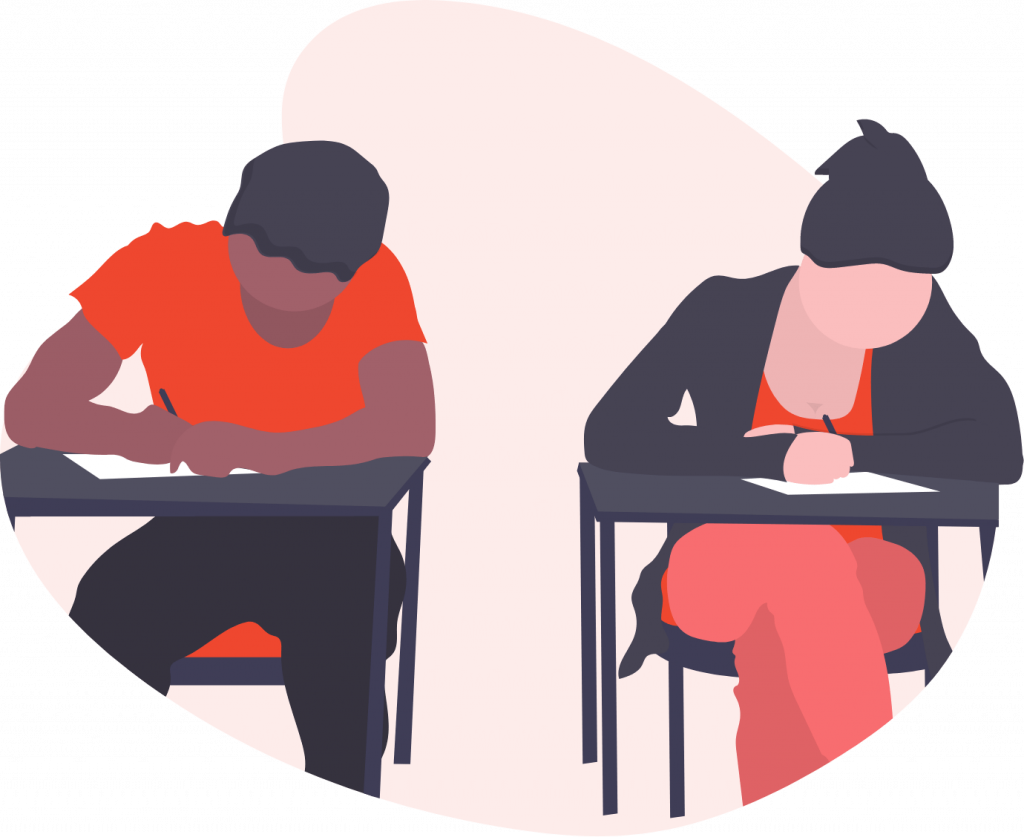Students are the most impacted by the decisions of educators. When shaping the experience of school, educators – from superintendents to classroom teachers – must be willing to share power with students. Listening to, understanding, and being responsive to student voices ensures they are able to engage in ways that support their learning and development and ultimately allows them to be healthy and whole.
When learning experiences are being designed – whether in an individual classroom or district-wide – it is critical that students have a seat at the table and their input is taken seriously. Students will cultivate a strong sense of agency, identity, and leadership skills by learning to advocate for themselves and their peers.


